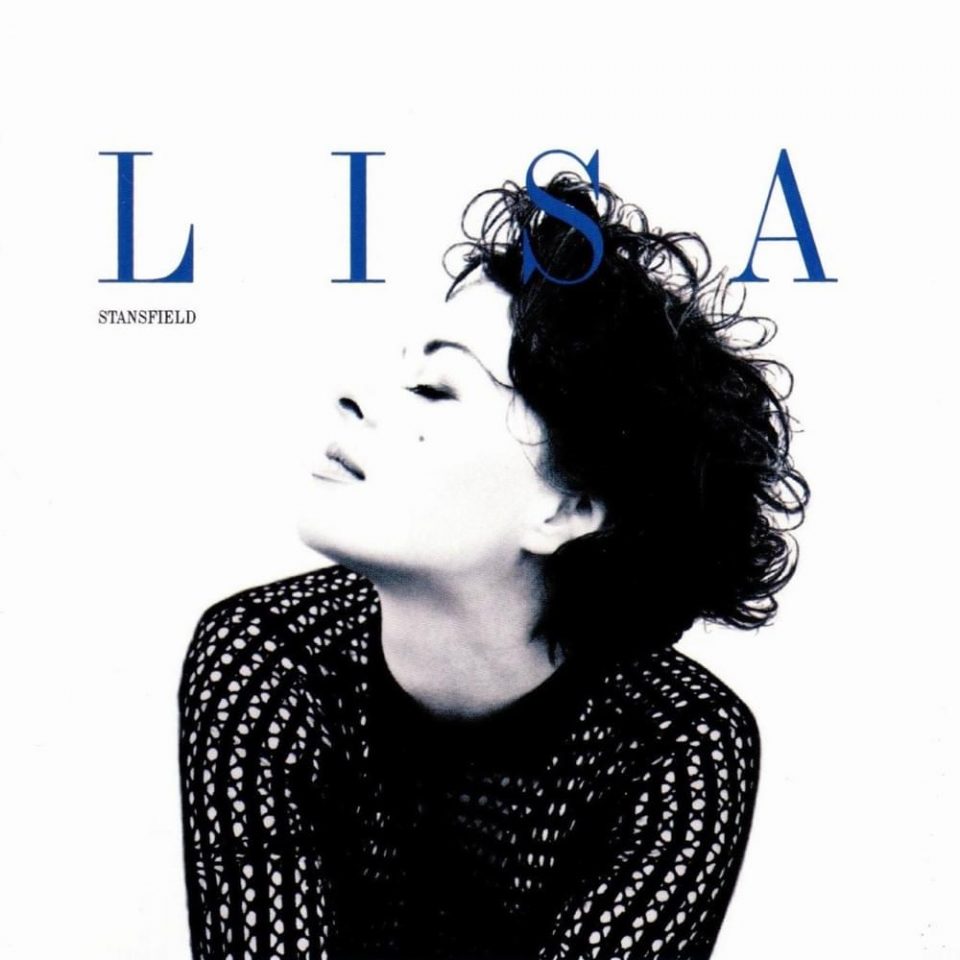#RSFlashback: Before Adele, There Was Lisa Stansfield…
And 30 years ago she released her ballad “All Woman,” scoring her third Number One song on the R&B charts
Recently, some radio executives were questioning the addition of Adele’s “Easy On Me” to the Adult R&B playlist. While the song sonically is a perfect match, and the singer had previously scored a Number One hit at the format with “Hello,” there was some trepidation about playing the song. Despite these reservations, the song has since made the Top 10, fitting nicely between such artists as Silk Sonic, H.E.R. and Jazmine Sullivan.
Now imagine a time, 30 years ago, when another white British singer was so easily embraced by those same stations that rather than face backlash there, she actually found her singles stalling on the Top 40 chart instead. Yes, her records were deemed too ‘urban’ for pop radio!
We’re talking about the great Lisa Stansfield, who by my accounts, is probably the only white woman to ever bring down the house at The Apollo and despite her demure stature and thick Rochdale accent, she was beloved and embraced by the black community. This got solidified 30 years ago when her ballad “All Woman” released and went straight to Number One on the R&B chart.
The single was the highlight off Stansfield’s second album Real Love. She had already achieved superstar status after the release of her debut album Affection, which featured the massive global hit “All Around The World.” While the first album was more dance-friendly, here, Stansfield was able to showcase a vulnerability. We knew she could sing but the way she soars was a revelation.
At the time, white artists did manage to get steady airplay on R&B stations – but rarely reached the top of the charts. Teena Marie was the big exception while singers like George Michael and Simply Red managed to do that with particular songs. As of late, besides Robin Thicke, there really hasn’t been any other artist who has truly been embraced on the format.
White stars like Justin Timberlake and Ariana Grande (and there are so many others) only chart when they are featured or are featuring other R&B or Hip-Hop artists on their songs. It’s a trick they use (or perhaps being less skeptical, they feel) to gain a larger audience and get “cred” for being seen as a legit performer for the community. But that begs the question then, what is it about the Brits that get them on the R&B charts without pandering and just being themselves?
Just listen to “All Woman” and you’ll know why. The heartbreaking ballad tells the story of a long-suffering wife who’s in a relationship where the spark has faded and the mutual love to support one another has waned. The storytelling is crisp and Stansfield vocals over the beautiful orchestration conveys such depth, sadness yet a strength that’s undeniable.
There are no histrionics. Stansfield just sings the song with genuine emotion. It’s not about the runs, it’s not about a particular flow or specific beat. She doesn’t try to “sound black.” She’s just being herself. Maybe this is where the Brits succeed. By not chasing a sound or a style, they just craft songs that have appeal to whichever audiences are receptive to it. In this case, her song struck a deep chord with the urban audience.
Remarkably, the song stalled on Top 40 radio and only reached number 56 on the Billboard Hot 100. It is worth noting that the R&B charts back then was all-encompassing – there was no Adult R&B and this was pre-hip-hop becoming the mainstream component to R&B stations.
The impact of Stansfield and “All Woman” is a testament to the time and of an era long gone. A time when music wasn’t segregated or relegated to subgenres and subcategories. It was a time when a Brit soul singer could hit the top of the urban aka “black” aka R&B charts and it not be questioned as cultural appropriation.
Whether Adele would admit it or even knows it, Stansfield contributed to her journey. Stansfield enabled storytelling to transcend radio formats. She continues to do that even now — having released several fantastic albums (check out her album The Moment). I do wonder if she’d get played now on the same stations where she once scored her massive hits. Of course, that’s another story altogether where ageism and scoring a hit is likely the leading headline, and that’s not exclusive to Stansfield!




